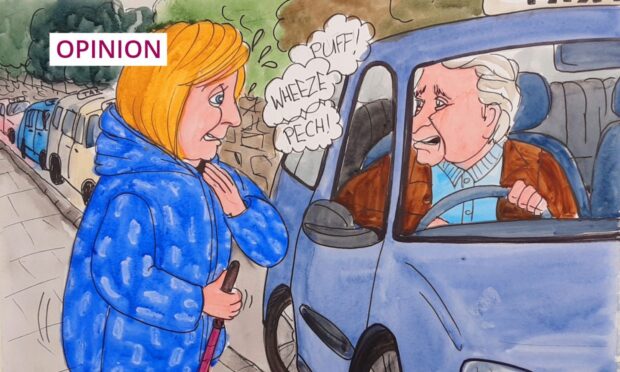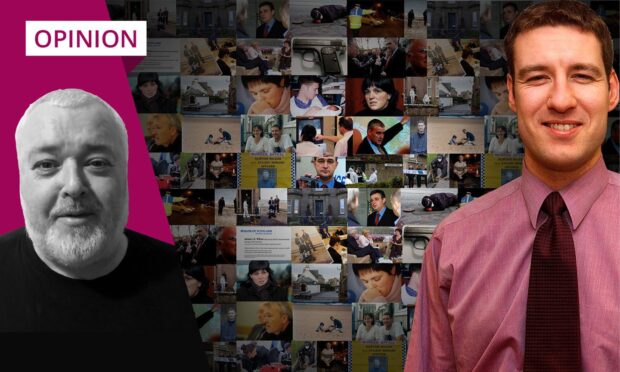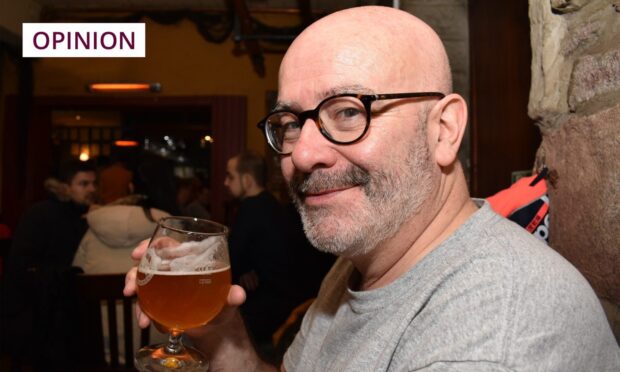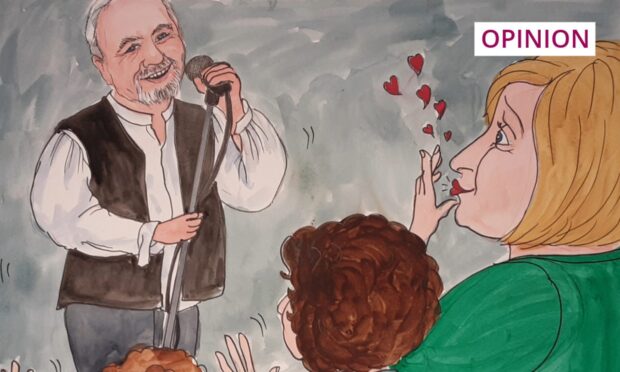Recently, Times columnist Matthew Parris opined that ADHD isn’t real.
ADHD was first recognised in 1798 by Scottish physician Alexander Crichton, and there is over 220 years’ worth of research into the condition. So, why would a respected journalist write something so ignorant? Because ADHD is the latest target of the culture wars.
Lately, there has been a constant drip of documentaries, newspaper columns and social-media rants spouting myths regarding ADHD. People with ADHD use the platforms available to stand up for themselves, and that’s it – the rest of society, in particular politicians, are silent.
It seems to me that most of the silent fall into two categories. The first camp agrees with Parris, though most won’t admit it. The second thinks he is talking nonsense, but that it’s not really a big deal. It is a big deal.
I have multiple disabilities. I have fibromyalgia and hypermobility. I’m autistic and I have ADHD. For me, ADHD is the most debilitating of all of those, and the most difficult to manage. And it makes all the others more difficult to manage, too.
ADHD often gets labelled as someone just being forgetful and having a short attention span. We struggle to control our attention, which can mean we struggle to focus or can hyper-focus, sometimes to the point of delaying eating and sleeping. ADHD affects impulse control and emotional regulation. Most of us are time-blind, and struggle with time management.
The impact on lives can be devastating. People with ADHD have higher rates of unemployment and relationship breakdown. We’re twice as likely to be injured or killed in an accident, and are five times more likely to attempt suicide.
People without ADHD must stand up for those with it
Every time someone like Matthew Parris bumps their gums, it has real-world effects. People believe him, especially when there is no other opinion being voiced, and life becomes that little bit harder for some of us, whether at work, among family and friends, or even getting diagnosis and treatment.
People with ADHD need those without it to stand up to the likes of Parris – particularly right now, when diagnosis and treatment waiting lists are years long, the supply of medication is patchy at best, and proper post-diagnosis support is a fantasy. The responsibility to be at the forefront of this support lies with politicians, particularly those in the Scottish Government.
I’m not naive enough to think that Holyrood will ever find the money to reduce those waiting lists or provide post-diagnostic support, but the voice of the first minister, the cabinet secretary for health, or the various health ministers costs the government nothing. And, frankly, while they continue to stay silent, I begin to wonder if they agree with the ADHD deniers, or at least appreciate that they drive people off waiting lists.
But the onus isn’t only on the current government to speak up; this should be happening across the political spectrum.
We can all help to change harmful attitudes
When politicians do speak up, we know it works, because there’s one MSP who does. Labour’s Daniel Johnson, who in 2018 announced he has ADHD, is a rare voice in Scottish politics standing up for people with ADHD.
In 2018, NHS Grampian tried to stop providing a pathway to diagnosing adult ADHD. After an intervention from Johnson, the health board was ordered by the health minister to reverse this decision.
Still, it’s not just politicians who can help to change attitudes. Everyone can.
And if someone in your life has ADHD, give them a bit of understanding and maybe ask how you can help
If you hear someone say ADHD is over-diagnosed, tell them that around 90% of people in Scotland with ADHD are undiagnosed. If someone says people are self-diagnosing because it’s trendy on TikTok, remind them it’s never trendy to have a neurodevelopmental condition, and that many people are self-diagnosing because waiting lists are years long.
And if someone in your life has ADHD, give them a bit of understanding and maybe ask how you can help.
We’re a long way from a society where life for people with ADHD isn’t a constant struggle. But standing up to Matthew Parris and his ilk would be a great start.
Jill Rattray writes about issues that affect neurodivergent and disabled people in the UK, particularly Scotland












Conversation